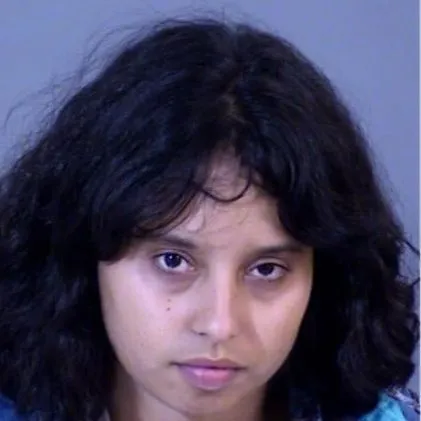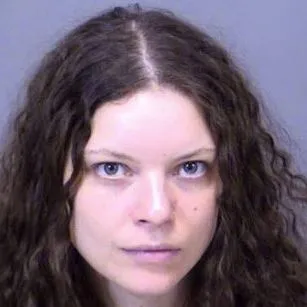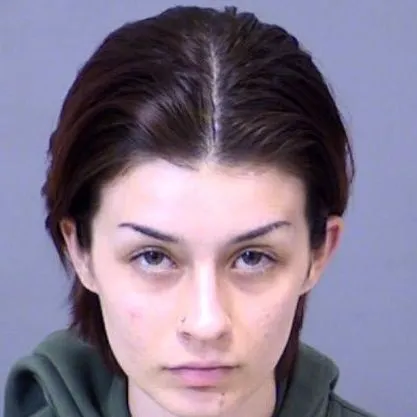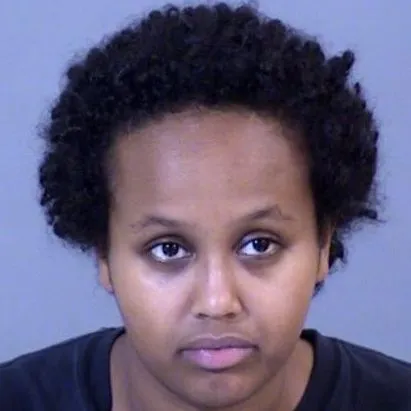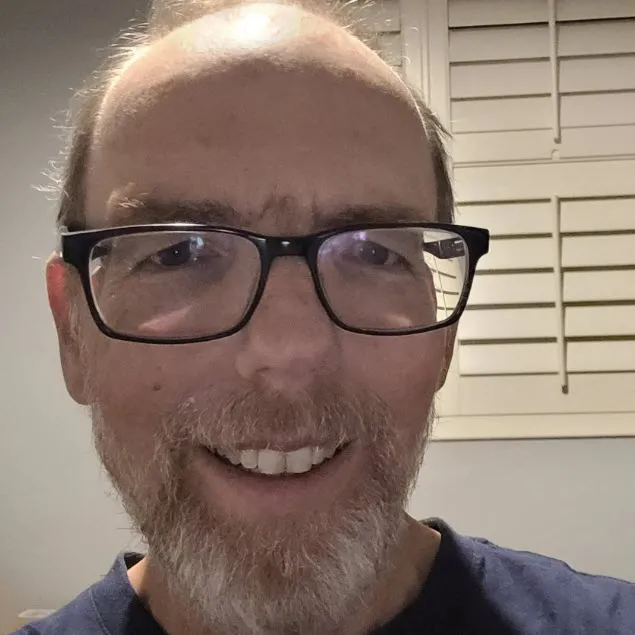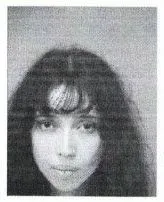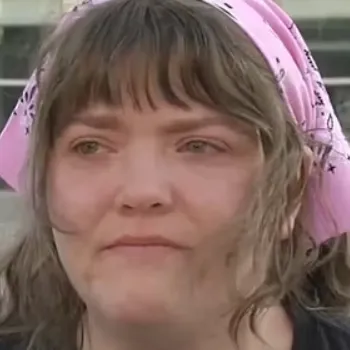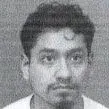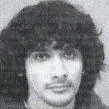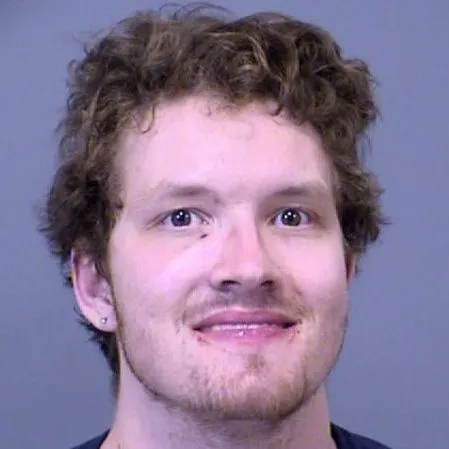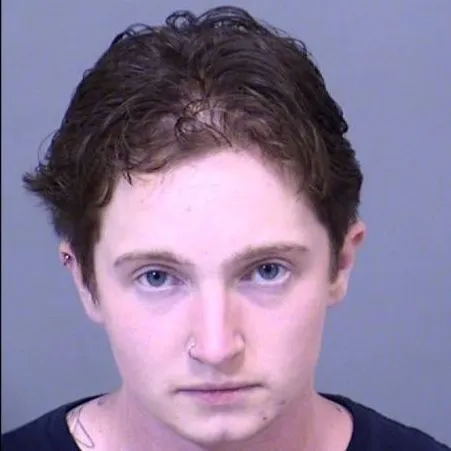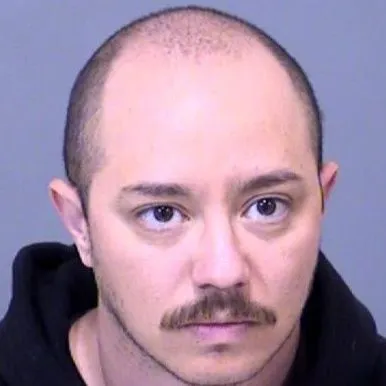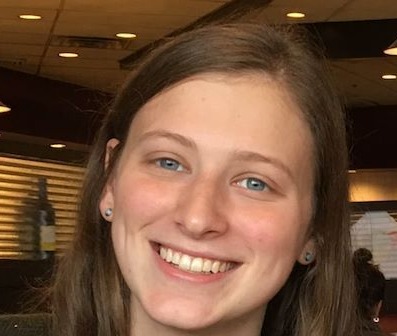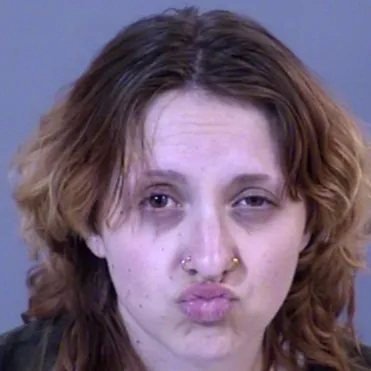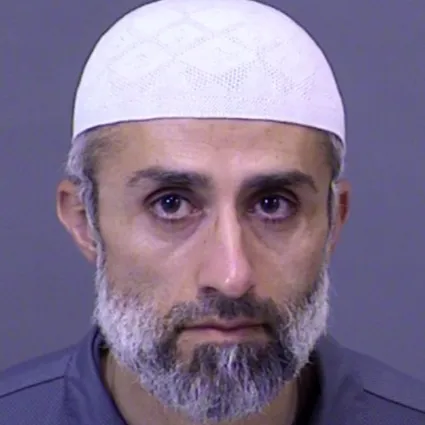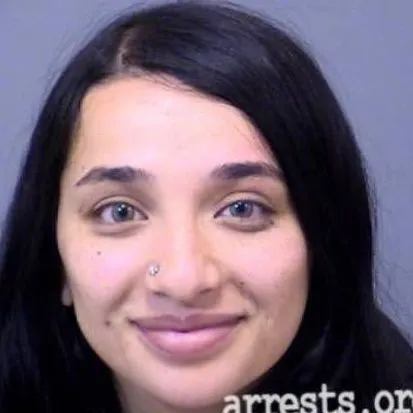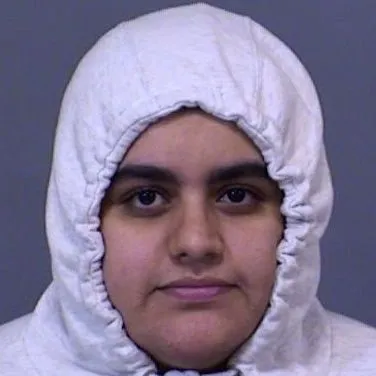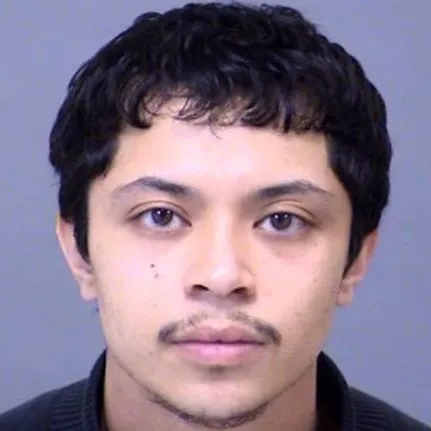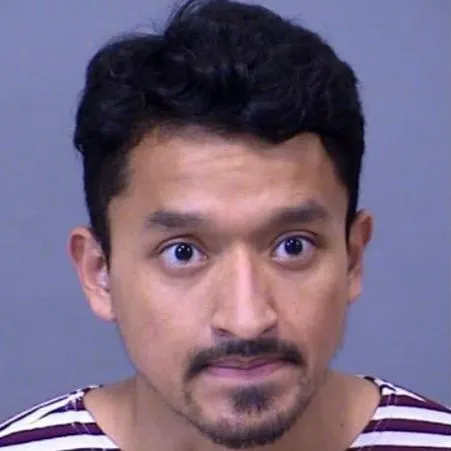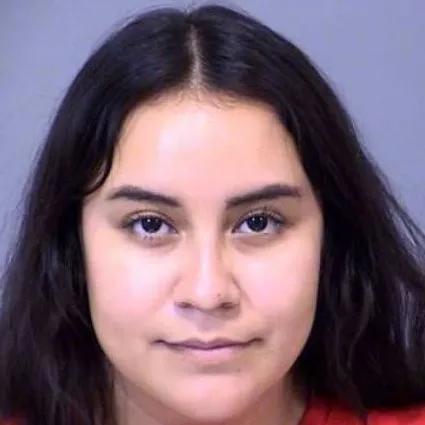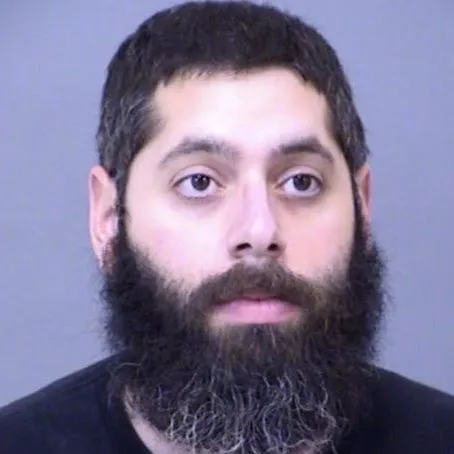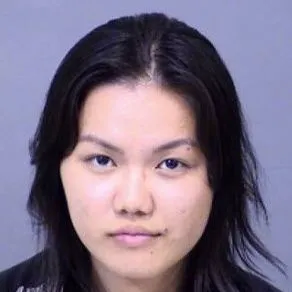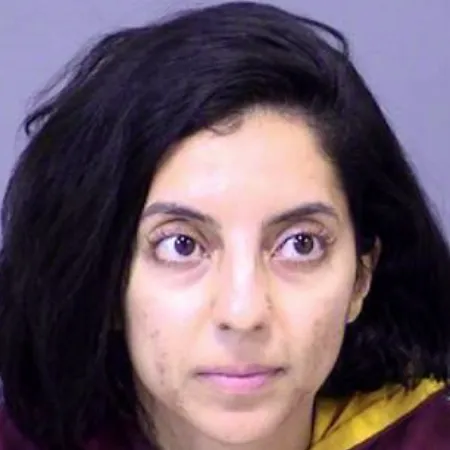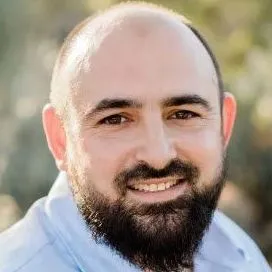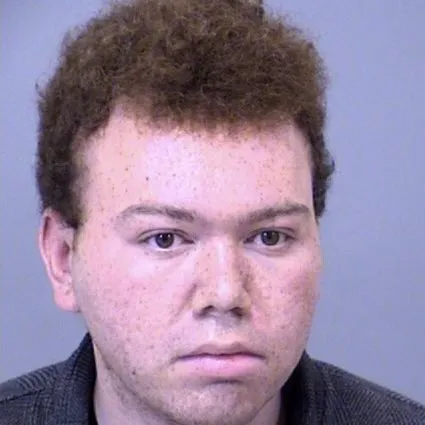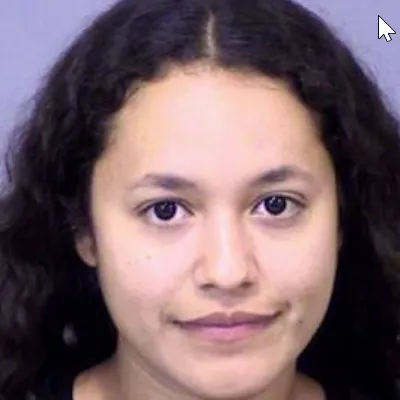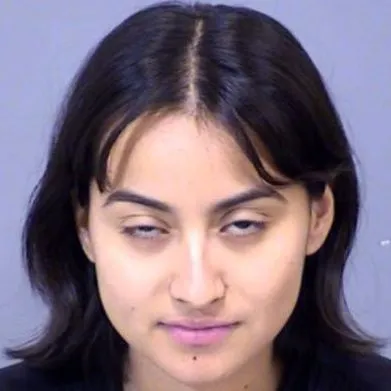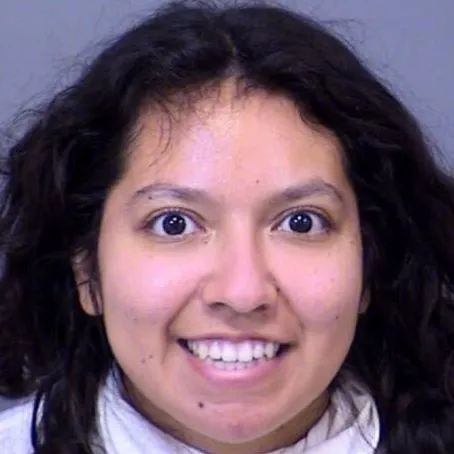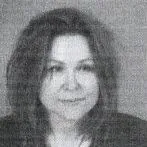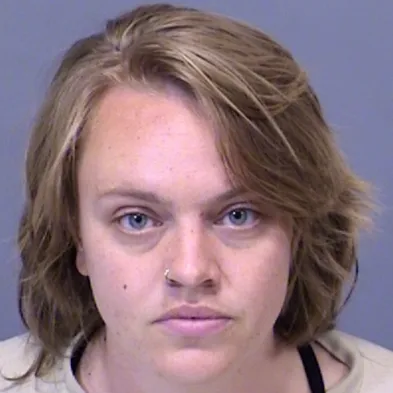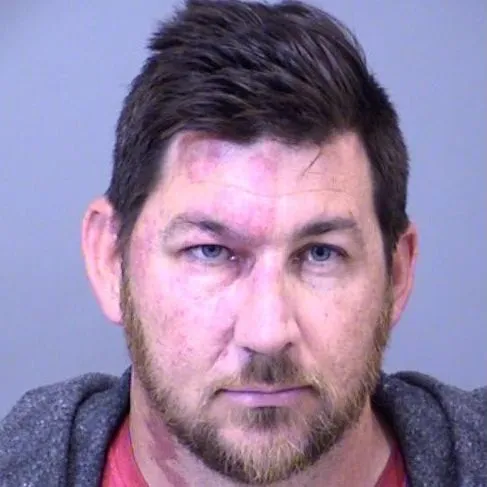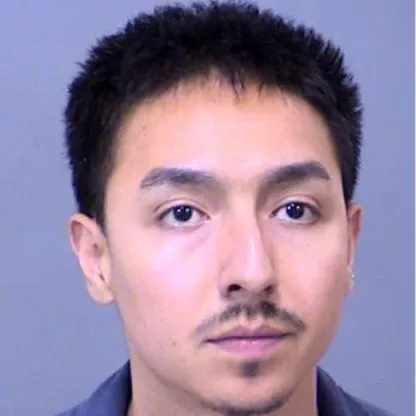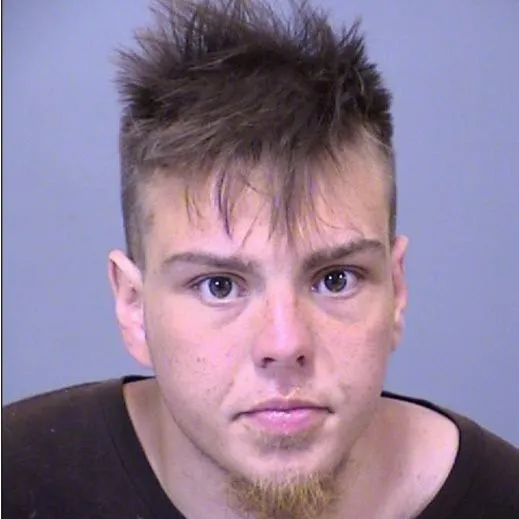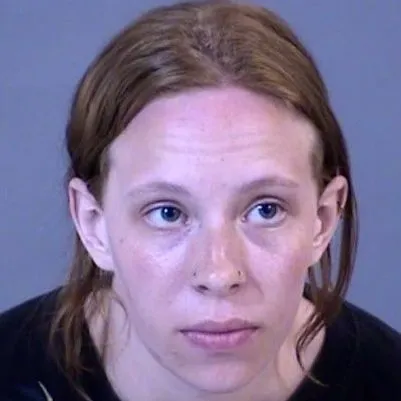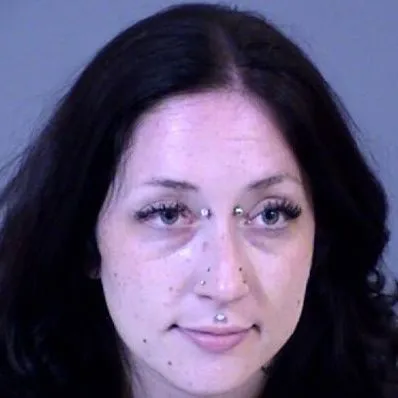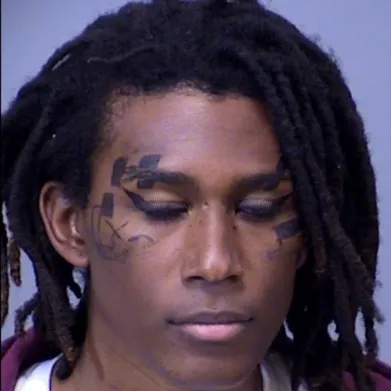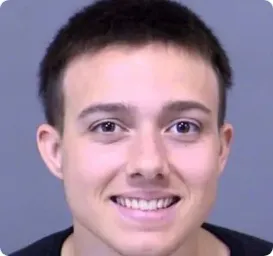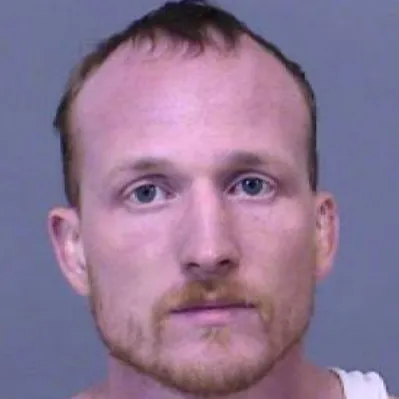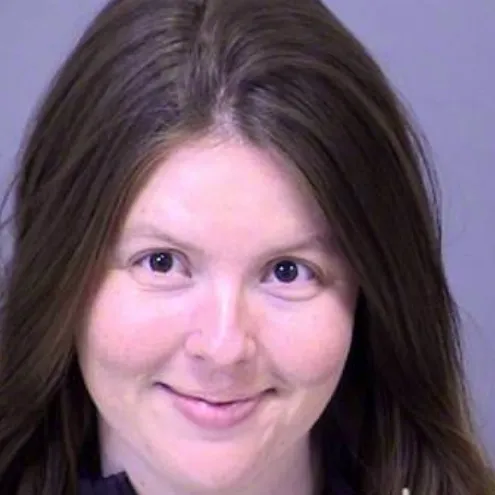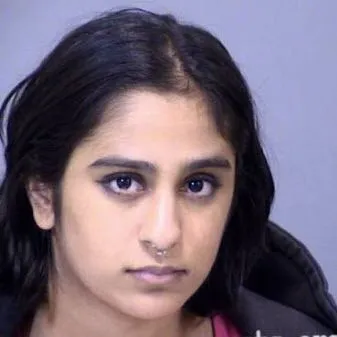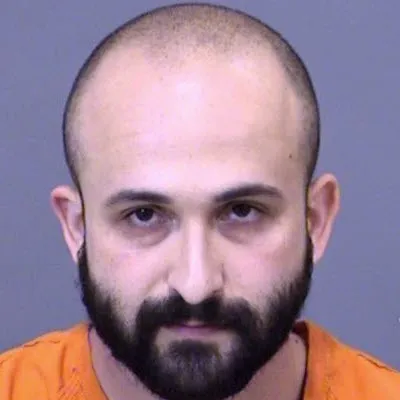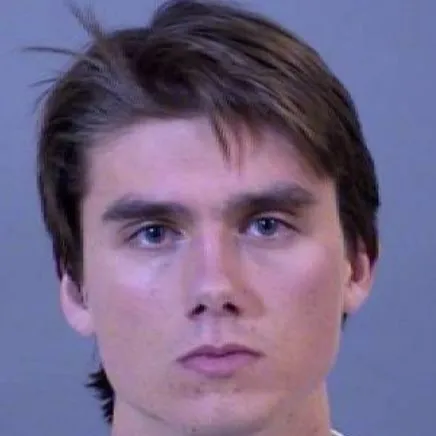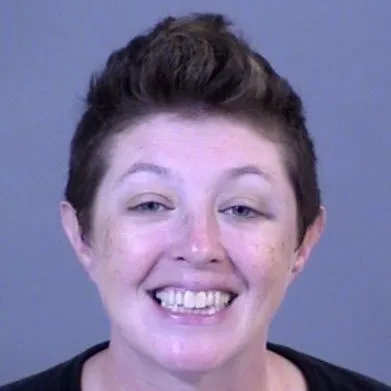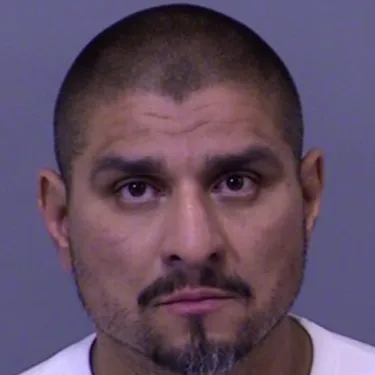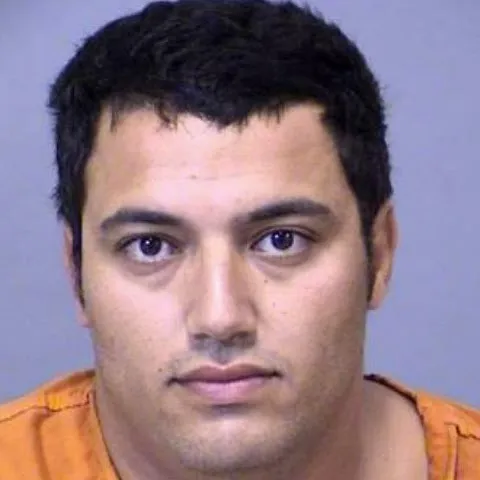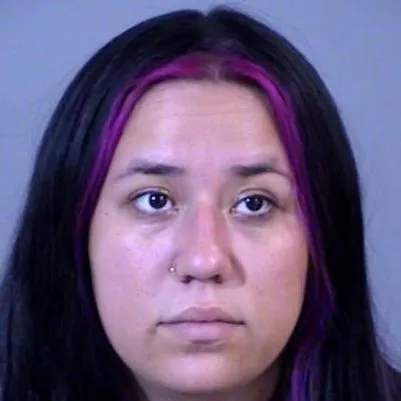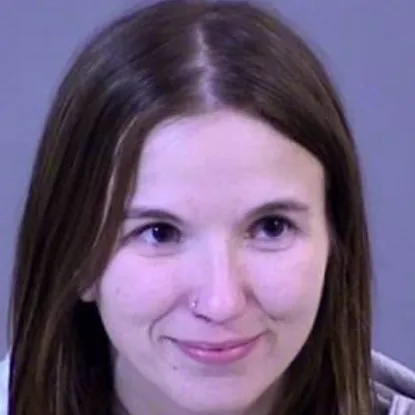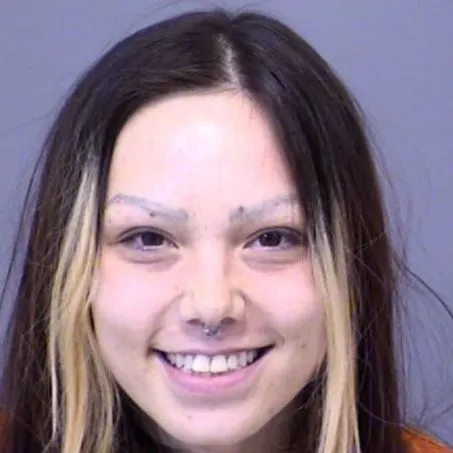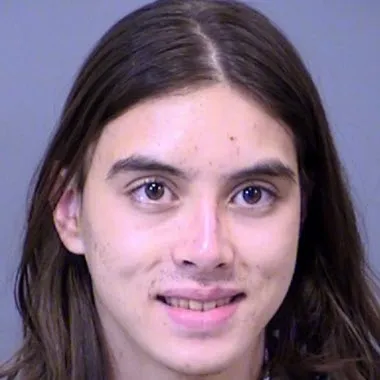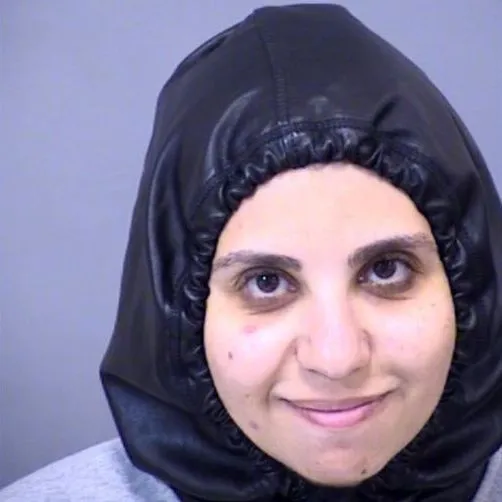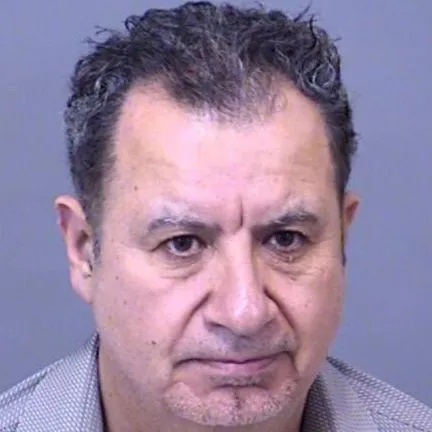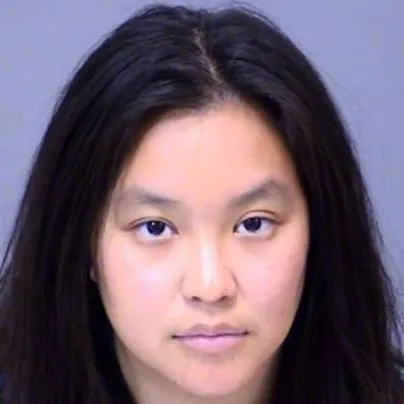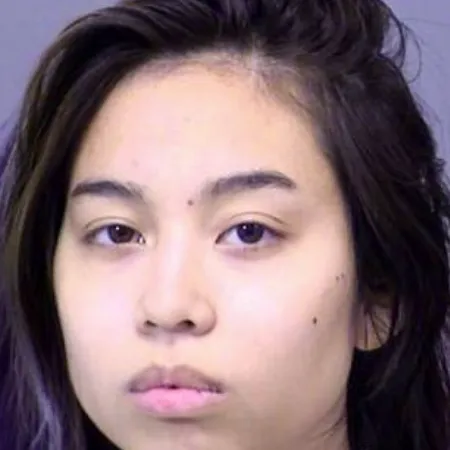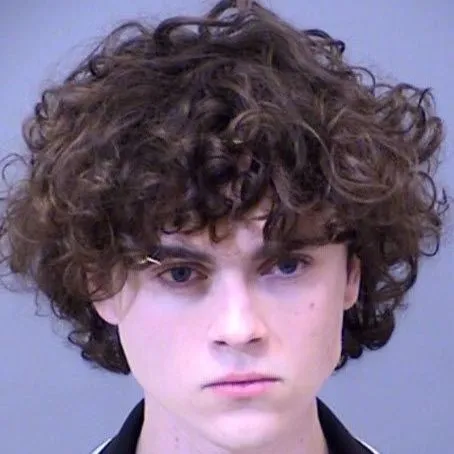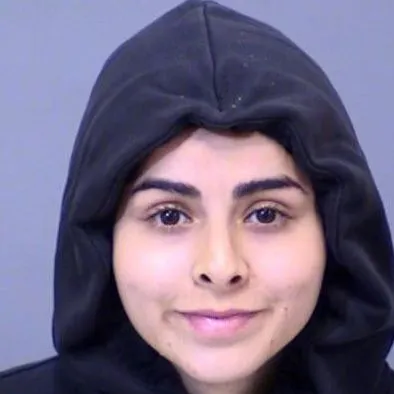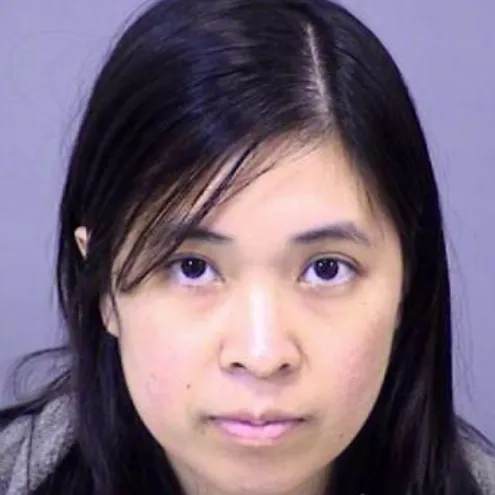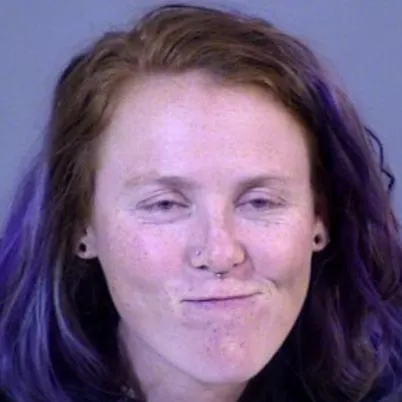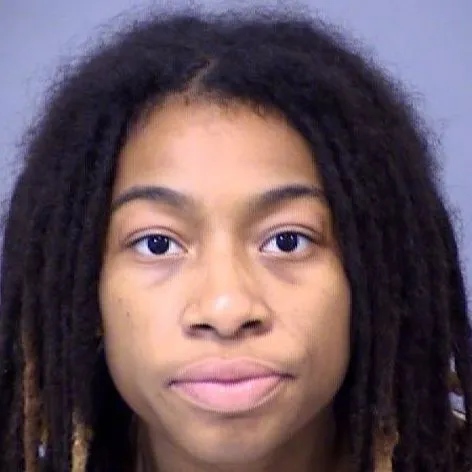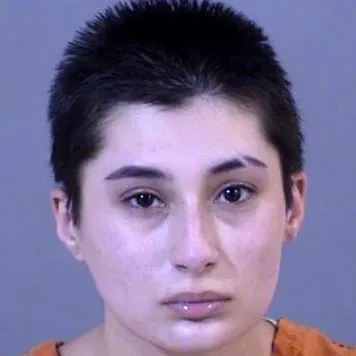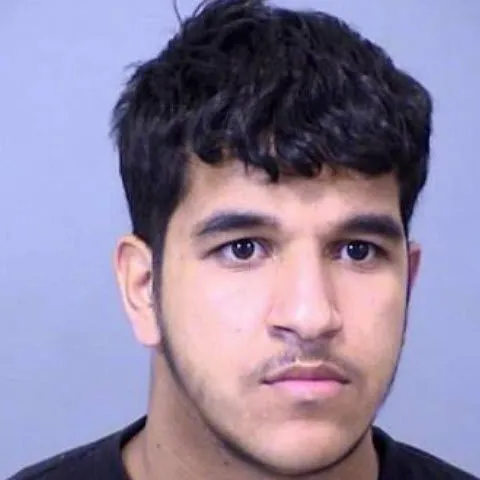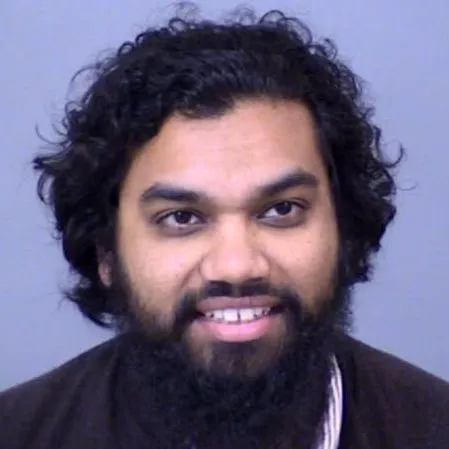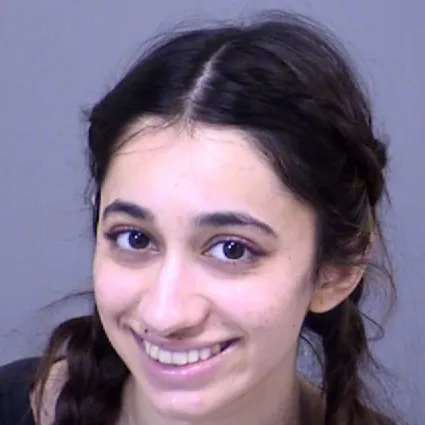Arizona State Arrests 69 at Encampment
University Under Federal Investigation for Antisemitism
Arizona State Arrests 69 at Encampment
University Under Federal Investigation for Antisemitism
- 1. Students Against Apartheid Establishes Hamas Solidarity Encampment
- 2. University Responds Swiftly
- 3. Protesters Return
- 4. The Arrests
- 5. Students File Lawsuit Against University
- 6. Charges Filed
- 7. Federal Investigation into ASU Over Complaints of Antisemitism
- 8. Arizona Advances Bill to Ban Encampments
- 9. Profiles
Students Against Apartheid Establishes Hamas Solidarity Encampment
Following the lead of students at Columbia University who made the first pro-Hamas encampment on a U.S. campus on April 17, 2024, dozens of protesters at Arizona State University (ASU) descended upon ASU’s Alumni Lawn on April 26, 2024, at 8:45 a.m.
The protest was organized by Students Against Apartheid, which calls itself “a coalition of ASU students, clubs, and community orgs coming together to end ASU’s investment in the settler colonial state known as ‘Israel.’”
Armed with long-term supplies and tents, protesters quickly established a Hamas solidarity camp, which they dubbed the "ASU Liberated Zone.”
The encampment illegally occupied the newly renovated Alumni Lawn, the public-facing entrance to the university.




University Responds Swiftly
Officials immediately released a statement saying the encampment was unauthorized and violated the university policy and the Student Code of Conduct.
In addition, an ASU representative made clear that tents are not allowed anywhere on campus.
Unlike other universities where protests wreaked unending havoc on campuses for weeks, the administration responded swiftly.
The administration offered no path to negotiation or accommodation to the protesters who were violating university rules. The ASU police department was called in and by 9 a.m., officers were already tearing down tents.
Despite protesters linking arms to protect the encampment, the area was completely cleared. Three arrests were made after officers informed protesters they were in violation of misdemeanor trespass statute ARS 13-1502, which states it is illegal to remain on “property after a reasonable request to leave” by law enforcement.
Protesters Return
Protesters quickly began rebuilding the encampment. They established a perimeter and proceeded to make demands, including:
- a ceasefire in Gaza
- ASU President Michael Crow's resignation
- Divestment by the university from "all companies tied to the state of Israel or complicit in the occupation of Palestine"
The university gave the protesters an 11 p.m. deadline to clear the encampment. By 6 pm, the crowd had swelled to 400 people.
The Arrests
Beginning at 10:40 p.m. and again at 11:47 p.m., police, who had been facing off with protesters, warned the protesters to disperse.
In addition to trespassing, the police informed the crowd that the encampment was also in violation of Arizona Revised Statute 13-2902, a class one misdemeanor that forbids unlawful assembly "with the intent to engage in conduct constituting a riot.”
Five minutes after the last warning and with no response from the crowd, the police moved in.
By 2 a.m. and with assistance from the Arizona Department of Public Safety and the Maricopa County Sheriff's Office, ASU PD had arrested 69 protesters, mainly from the front lines. The crowd, which had shrunk to about 200 people, began dispersing.
Clean-up crews behind the police cleared the encampment.

Of those arrested, only 20 were students; the rest were outside agitators. Despite this fact, Lexsari Coronado, an ASU student affiliated with the Party for Socialism and Liberation who is credited with organizing the protest, declared,
“This is just a student movement rising up and we are rising up with them. The movement is always student-led. The students are uprising, and this is changing the movement for Palestine. And yeah, we’re — we’re basically gonna stay here until our demands are met.”
Immediately after their arrests, the 20 students were suspended for violating the university’s anti-camping laws, banned from campus and prohibited from communicating with professors about coursework.
Students File Lawsuit Against University
Three days later, on April 30, 2024, the 20 students filed a lawsuit in the U.S. District Court for the District of Arizona against the Arizona Board of Regents.
Despite participating in a clearly demarcated illegal protest, the students charged that their First Amendment rights had been violated and sought a preliminary injunction to lift their suspensions.
The suit alleged that the consequences imposed upon them by ASU were causing them "irreparable harm" due to their inability to enroll in classes and meet academic requirements for graduation.
The district court judge denied the student’s motion to have their suspensions lifted and ruled that the students did not provide sufficient evidence that their First Amendment rights had been violated.
The judge also found insufficient evidence to support their claim that their suspensions were causing irreparable harm.
As of March 2025, the lawsuit is ongoing. The students amended their complaint, adding more defendants, and the sheriff asked for and received an extension to respond to the new complaint.
Charges Filed
On Oct. 9, 2024, Maricopa County Attorney Rachel Mitchell filed criminal trespassing charges, a Class Three misdemeanor, against 68 of those originally arrested. The charge carries a maximum penalty of 30 days in jail, a $500 fine and a year of probation. To date, trial dates have not been set.
In filing the charges, Mitchell stated, “The right to free speech does not extend to violating the law.”
Federal Investigation into ASU Over Complaints of Antisemitism
In January 2024, the Department of Education Office for Civil Rights opened an investigation into ASU after receiving complaints of antisemitism at the university.
The complaints charge that Jewish students at ASU have felt “threatened and discriminated against” since the October 7, 2023, Hamas attack.
As reported by Campus Reform, whose Editor-in-Chief Dr. Zachary Marschall filed the complaints with the DOE, ASU’s chapter of Students for Justice in Palestine (SJP) held an event on October 8, 2023, just one day after the massacre to help students “learn about the Palestinian liberation struggle against the U.S. and Israeli war machine.”
Five days after the massacre, on Oct. 12, 2023, ASU SJP held a “day of resistance” rally where students carried Palestinian flags and chanted “Free, Free Palestine” as well as “From the river to the sea, Palestine will be free,” a call for Israel’s destruction.
The complaint asks for “sanctions against the University to the fullest extent [that the DOE] is able to impose them as well as forcing the University to ensure its funds are not sent to organizations spreading antisemitism.”
ASU is “one of several dozen universities accused by the Trump administration in March 2025 of allowing antisemitic harassment and discrimination to run rampant on campus,” reports Axios.
Arizona Advances Bill to Ban Encampments

State legislator Alma Hernandez, a Democrat from Tucson, is the principal author of a bill that would ban encampments on college and university campuses currently making its way through the Arizona state legislature.
Hernandez says the bill is a reaction to the wave of post-October 7 protests, which she charges were breeding grounds for antisemitism and illegal activity.
The Arizona House advanced the bill by a decisive margin on March 3, 2025. It now heads to the Senate.
In an interview with KJZZ Phoenix, Hernandez explained the need for the bill. “... both at the Arizona State University and University of Arizona, intimidating students because they are Jewish and trying to stop them from being able to walk… that's problematic,” she said. “... No student should ever have to … find an alternate route to go to class. No student should have to be in a situation where they are harassed or pushed [which] did happen at Arizona State.”
Hernandez said that while she supports protesting and freedom of speech, those rights do not extend to criminal trespassing.
“What would people be saying if we had people out there who were literally calling for the death of black individuals on college campuses? I guarantee you people would have a problem with it … How is it any different? … Why are there double standards when it comes to Jewish community and Jewish students?” she asked.
Profiles
